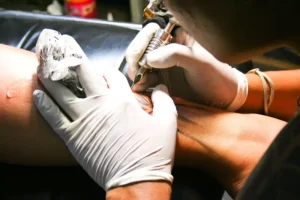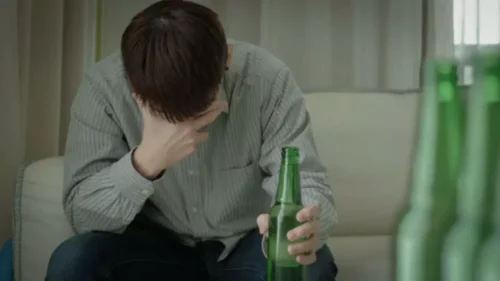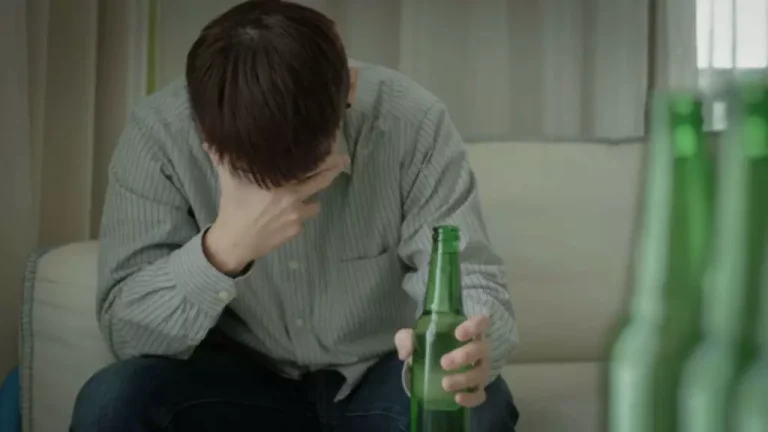
Connecting with support during and after treatment is essential to maintaining sobriety long-term. Whether through organized group therapy what is alcoholism or informal get-togethers, joining others who are also recovering from addiction can help you combat isolation. Many patients also draw strength from realizing they are not alone.
- Whilst addiction may have numerous contributing elements, it’s not just a choice made by individuals.
- He is a Captain in the Army Reserves and has 15 years of military service.
- Whether or not you are recovering from drugs, changing any habit can be hard.
- The idea is that, if they just exercised enough discipline and willpower, they’d be free of their addiction.
- Seeking treatment should be seen as a pro-active step towards wellness, not a miracle cure.
Table of Contents
- 1 WE’RE READY TO HELP YOU BEGIN A NEW LIFE
- 2 What Is Medication-Assisted Treatment (MAT)?
- 3 Some common misconceptions about addiction can be damaging. Learn why drug & alcohol addiction isn’t a moral failing.
- 4 Potential Questions To Prepare For in Recovery Therapy
- 5 What Are the Symptoms of Crack Overdose?
- 6 Medication is the Be-All-End-All
WE’RE READY TO HELP YOU BEGIN A NEW LIFE
Dossett is not alone, but academics who struggle with substance-use disorders, or who are recovering from them, are often hidden from view. These conditions affect a person’s brain and behaviour as a result of uncontrolled use of alcohol, prescription medications or illegal drugs (see ‘What is drug or alcohol-use disorder?’). myths about addiction and recovery Inpatient treatment provides intensive, 24-hour care in a rehab facility, where patients receive round-the-clock supervision and therapy. Inpatient treatment lasts 30 to 90 days but extends depending on the individual’s needs and progress. Outpatient treatment offers more flexibility, with patients attending treatment sessions during the day while living at home.

What Is Medication-Assisted Treatment (MAT)?

It’s not just https://ecosoberhouse.com/ about keeping people on the job; it’s about creating a culture where recovery isn’t hidden. With the devastation alcohol abuse brings and the number of drug overdoses per day, it’s imperative not to criticize your fellow peers because they’ve taken a different path to recovery. To reduce the stigma of addiction within recovery circles, non-alcoholic beer and spirits, and mocktails must be mentioned. The short answer is no—while you may have heard ‘non-alcoholic beer is for non-alcoholics,” if you partake in NA beer, wine, or spirits, it does not “break” your sobriety. Research on AA is very inconclusive, as anonymity is one of the tenets of the program.
Some common misconceptions about addiction can be damaging. Learn why drug & alcohol addiction isn’t a moral failing.

A significant part of the treatment process is shedding the behaviors and situations that likely contributed to your addiction in the first place. When you give yourself time to heal in an environment that’s free from triggers, you are giving yourself a better chance of maintaining your sobriety after you return home. If an intensive outpatient program is right for you, you can seek treatment without leaving home for extended periods. In some cases, these symptoms can be so uncomfortable that a person will seek to return to their addiction simply to ease their pain.
Potential Questions To Prepare For in Recovery Therapy
We saw this happen in the 2000s when prescription drugs were becoming more regulated, resulting in a flood of prescription drug users switching to heroin. It’s important to know that treatment is not a cure, and that relapse is a part of recovery. Changing the approach based on how someone is doing can help their progress.
What Are the Symptoms of Crack Overdose?
Relapse is a common occurrence in addiction recovery, and it is viewed as an opportunity to learn, grow, and readjust one’s approach to recovery. These statistics demonstrate that addiction is a widespread issue that affects individuals from all walks of life. It is important to challenge the notion that addiction only impacts certain types of people, as it perpetuates stigma and hinders efforts to provide support and resources for those in need. Research has shown that addiction is rooted in changes in the brain’s reward system, leading to a loss of control over substance use. Addiction can affect anyone, regardless of their background, social status, or personal values. Furthermore, addiction does not discriminate based on personal attributes.
- Through complete care that considers all aspects of addiction, individuals can overcome their troubles and build a strong base for lasting recovery.
- The cocaine epidemic allowed psychiatry to understand behavioral addictions such as gambling, supporting diagnostic and treatment development.
- If they aren’t ready to begin treatment, at least they are aware of the option.
Medication is the Be-All-End-All

Alcohol is legal but is just as addictive and harmful as other substances. It can lead to physical dependence, mental health problems, and fatal overdoses. Recent surveys indicate that 29.5 million people ages 12 years and older had an alcohol use disorder (AUD) in the past 12 months in the United States in 2022. There is always hope for recovery and no one is defined by their struggles with addiction. May it be an alcohol addiction, drug addiction, nicotine addiction, or any other type of substance use disorder, seeking help is the first step towards recovery.






